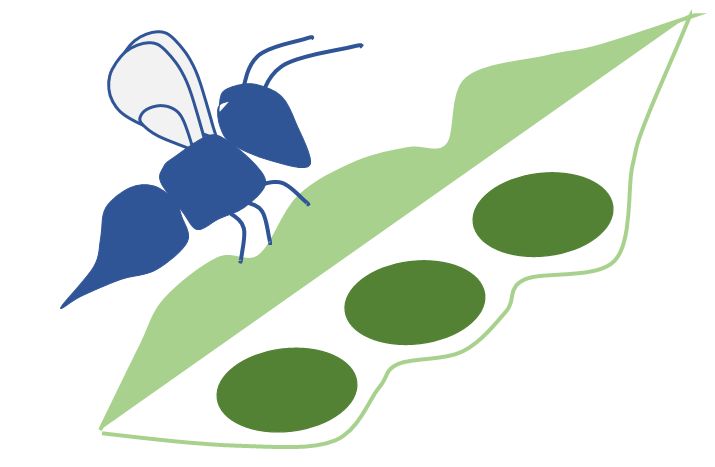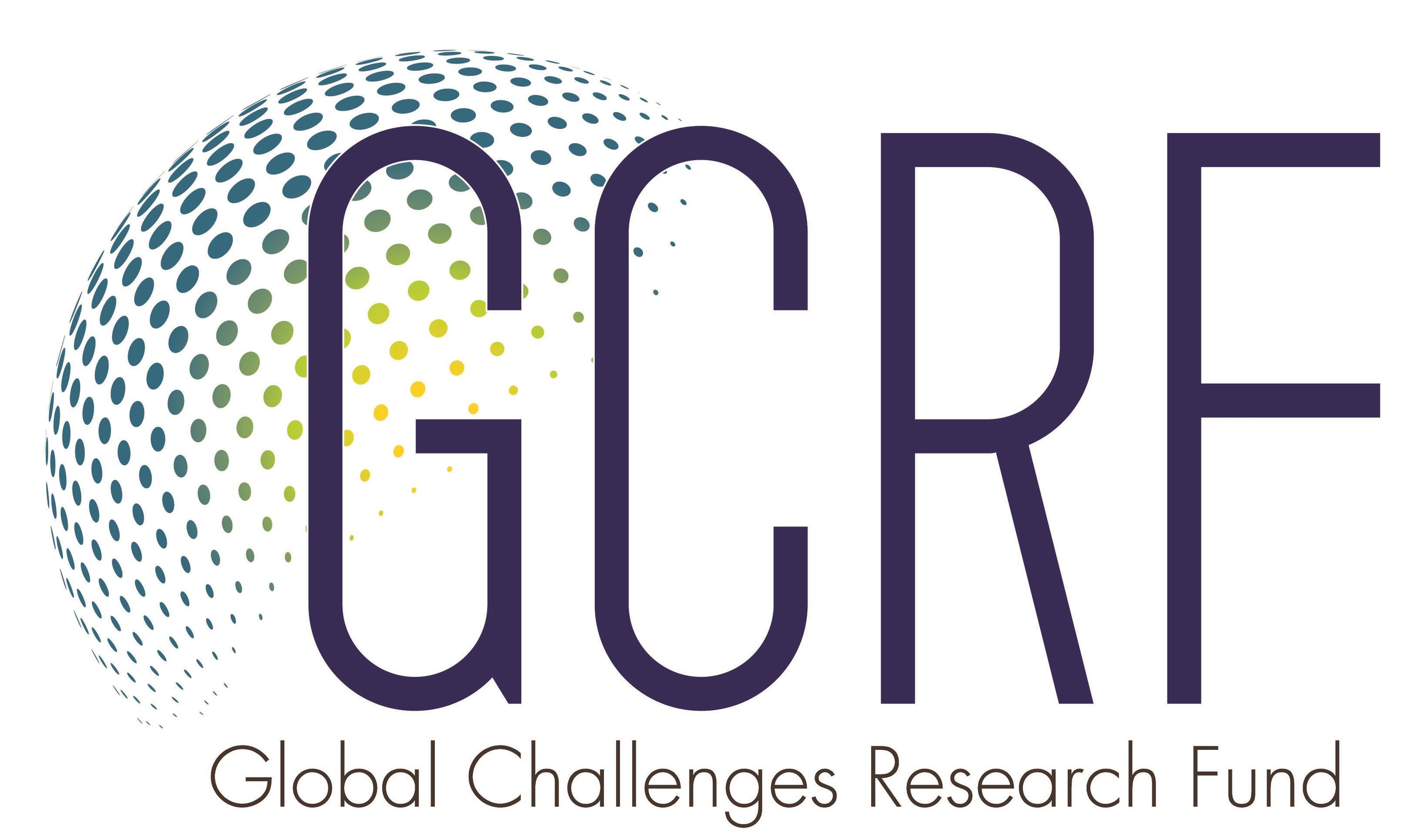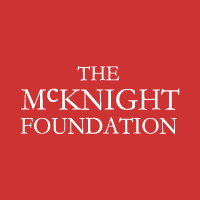The Hub spans South America, Africa, South Asia and East Asia.
The Hub will deliver:
- locally tailored ecological intensification management innovations, which enhance delivery of pollination and pest regulation across
regional crops, farming systems, and landscapes; - improved sustainability and innovation capacity of farming;
- reduced environmental impact: improvement of soil and water quality, conservation of biodiversity; a contribution to climate
mitigation and adaptation; - strengthened interdisciplinary research and long-term implementation of EI.
These actions will build food and nutritional security (SDGs 1&2), reduced poverty (SDG 3) improved livelihoods (SDG 8) and environmental quality (SDG 12&15).
1. Building & strengthening ecological intensification (EI) partnerships.
We will create communities of international researchers, farmers, extension services, NGOs and policy makers relevant to EI, and extend existing partnerships to introduce EI innovations through knowledge exchange networks, demonstration farms, farmer networks and multi-media awareness.
2: Interdisciplinary evidence and data curation for EI.
We will develop and use novel methodologies to fill key evidence gaps identified by regional partners. Training programmes for researchers in interdisciplinary methods will support evidence gathering. We will integrate disciplines to deliver food and nutritional security, improved rural livelihoods and environmental quality through EI. This will give us:
- an understanding of critical gaps in evidence to address food security;
- strengthened interdisciplinary research;
- a unique capacity to model trade-offs from EI;
- new local knowledge and open access data for global stakeholders.
3: Co-design, implementation and evaluation of EI innovations.
We will frame current challenges around crop pollination deficits and natural pest regulation identified through recent workshops hosted and attended by Hub DAC partners. We will apply state of the art EI approaches from the UK to design and test EI innovations globally, quantifying benefits.
4. Transformational capacity building.
We will assess barriers to, and incentives for, adoption of EI. We will work with farmers, NGOs, government and commercial sector we will identify training, knowledge exchange, extension and other capacity building opportunities based on existing partnerships and networks already operating among partners and build on these to deliver functioning EI. This will enhance nutritional security, improve rural livelihoods, reduce poverty and improve environmental quality.
5. Policy, governance and international development.
We will develop innovation platforms, policy and governance to deliver EI via policy engagement from local to regional levels based on evidence and innovations from the Hub's work, and building on strong current collaborations among hub partners.



